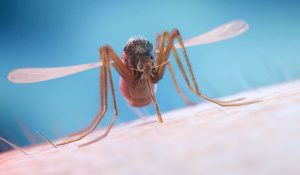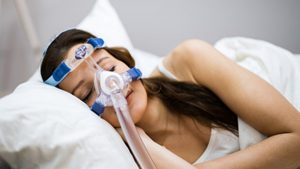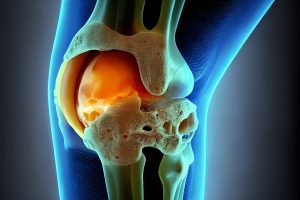
The pandemic highlighted the risk that air travel carries for the spread of infectious diseases, and that risk remains even though the health emergency has passed. “Airplanes have many touch points that are perfect for the transfer of bacteria or viruses,” said Dr. Mike Ren, an assistant professor of family and community medicine at Baylor College of Medicine in Houston. “You don’t want to get sick while on vacation and prevent your chance for relaxation or come back with a cold or something worse.” The risk of catching a cold or flu starts even before a person boards their flight, Ren said. Ride-sharing services transport hundreds of strangers each day, and thousands pass through airports on their way to and from their terminal. But a few common practices can help protect you from catching something, Ren said: Use sanitizing wipes to clean the most-touched places on a plane — seats, tray tables, seat back pockets, arm rests, flight attendant call buttons, air vents and lavatory door handles Apply hand sanitizer or wash your hands regularly, particularly prior to eating a snack or after touching check-in kiosks, handling boarding passes or using the airplane or airport bathroom Keep boarding passes and other documents on your smartphone, to reduce the number of times you touch surfaces in the airport and on the plane Wear a mask through… read on > read on >










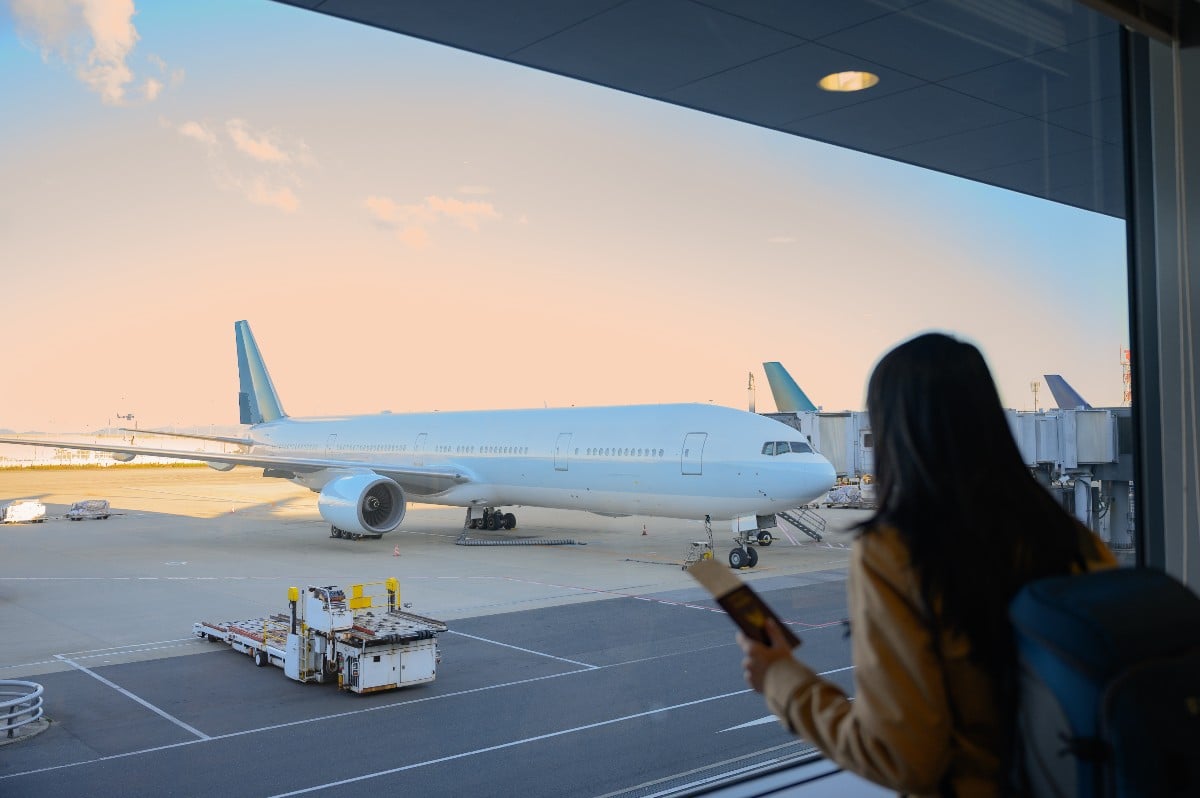
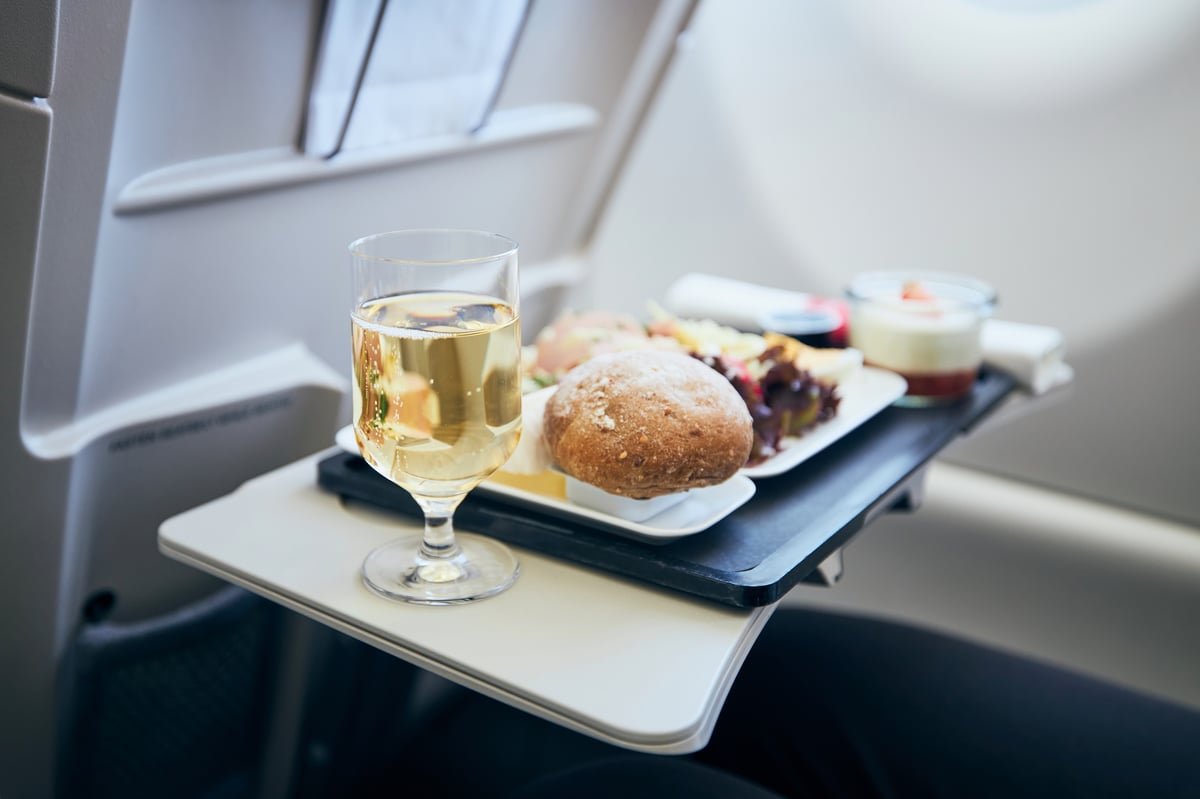
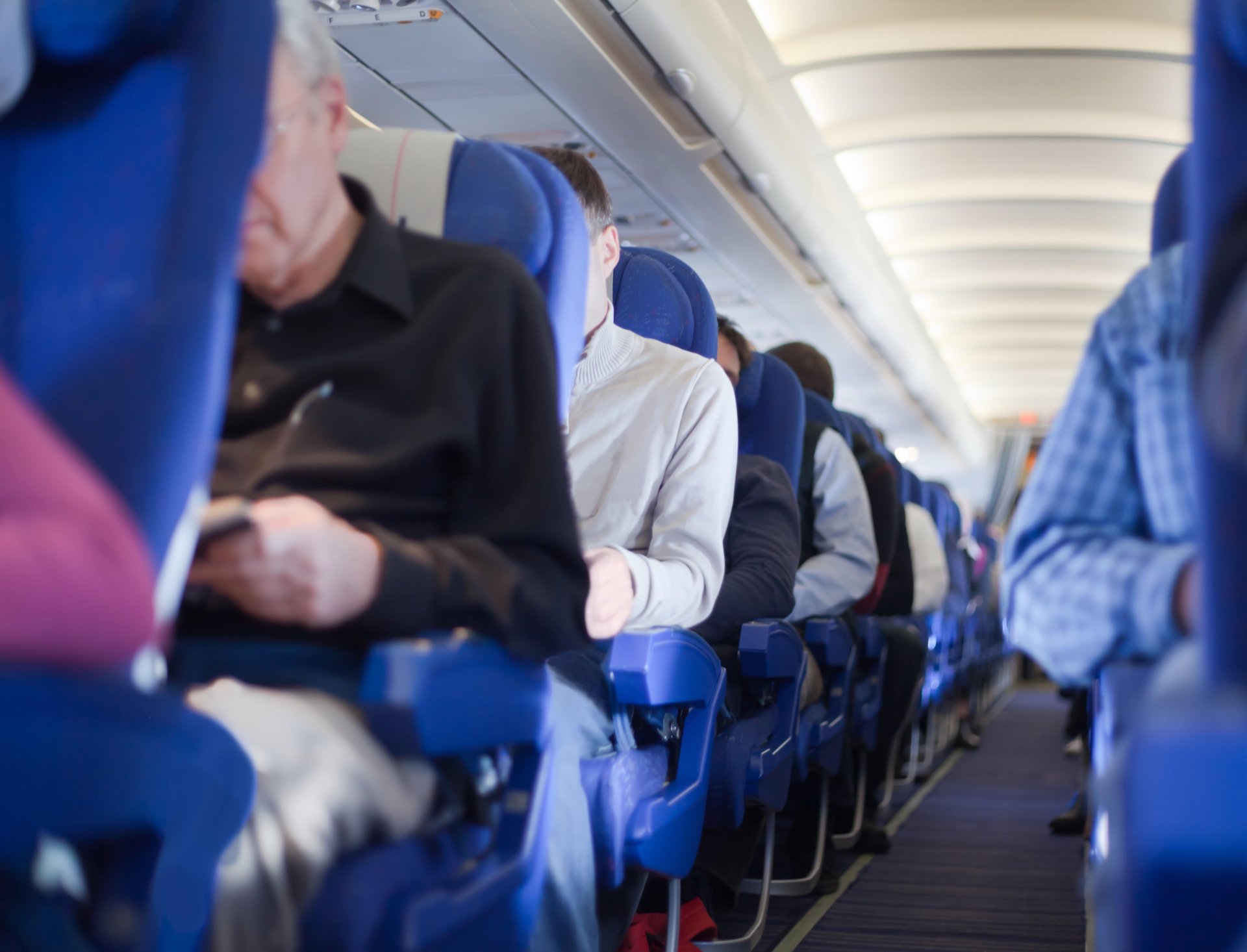
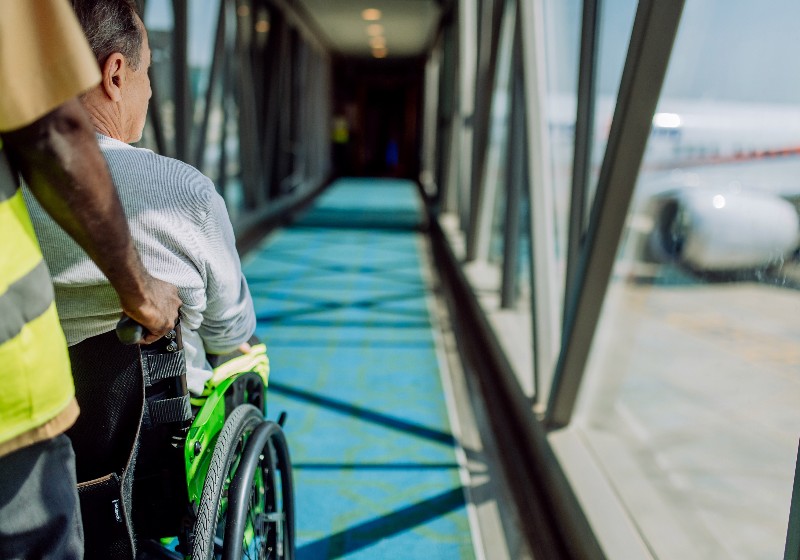



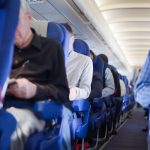
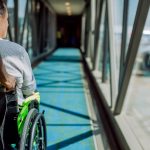





-300x200.jpeg)
-300x213.jpeg)


